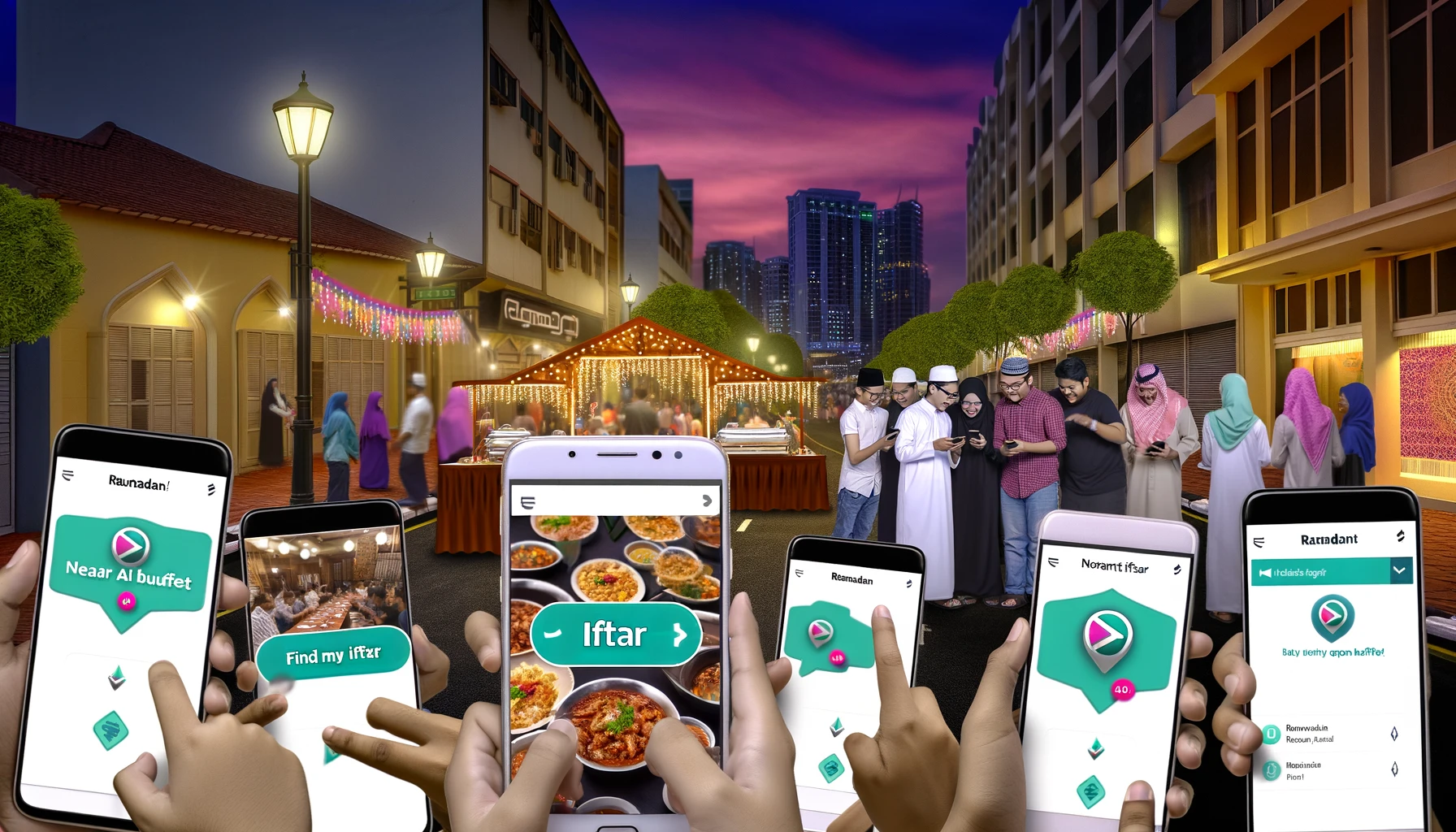Instead of the frantic pre-sunset rush that often characterized Ramadan eves, a sense of calm has fallen upon hungry Muslims this year. The reason? A surprisingly popular app called “Find My Iftar.” This niche tool has become a sensation thanks to its singular focus: locating the nearest, tastiest, and most conveniently timed Iftar buffet with just a few taps on your screen. Think of it as a beacon of hope, powered by crowdsourced data and a deep understanding of what a person craves after a day of fasting.
The app strips away the stress, replacing it with an almost zen-like efficiency in satisfying both practical and emotional needs. No more circling the block in ravenous desperation. No more arriving at a restaurant only to discover it’s already closed. “Find My Iftar” takes into account dietary restrictions, the all-important ambiance (because some nights call for quiet contemplation, others for the lively buzz of a shared meal), and even offers a price filter to ensure the perfect Iftar spot is found, regardless of a person’s budget.
The app’s popularity hasn’t been without a side of affectionate humor. Memes abound, depicting the app as the true star of Ramadan, or showcasing users checking for updates more frequently than they check the time for sunset. Yet, beneath the playful jabs lies genuine appreciation for the way “Find My Iftar” has eased a specific kind of Ramadan-related anxiety, allowing for greater focus on the things that truly matter during the holy month.
There’s also potential beyond satisfying immediate hunger pangs. Could variations of this technology be used to map free community Iftars, ensuring those in need aren’t overlooked? Could the app put a spotlight on smaller, family-owned restaurants that become the backbone of the Ramadan experience for so many? The “Find My Iftar” app, while simple in concept, acts as a springboard for discussions about technology, community, and the ever-evolving way we connect with tradition in a modern world.

